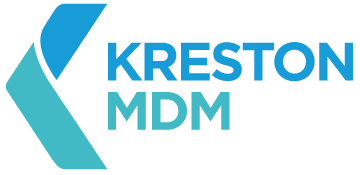Turistički aranžmani u inostranstvu ubuduće će se plaćati po zvaničnom srednjem kursu dinara
Prilikom isticanja cene i naplaćivanja turističkih aranžmana u inostranstvu ubuduće će se primenjivati zvanični srednji kurs dinara. To je propisano novim Zakonom o trgovini, koji je usvojila Narodna skupština Republike Srbije. Ovakvo rešenje prihvaćeno je tokom izrade predloga zakona, a na predlog Narodne banke Srbije.
Na ovaj način rešeno je dugogodišnje pitanje naplate turističkih aranžmana po prodajnim kursevima banaka za devize ili efektivni strani novac. Rešenjem iz novog Zakona o trgovini cene turističkih aranžmana postaju u potpunosti uporedive i predvidljive jer neće zavisiti od dnevnih prodajnih kurseva koje utvrđuju banke.
Ovim rešenjem, korisnici usluga turističkih agencija imaće mogućnost da sa velikom izvesnošću planiraju iznos izdatka u porodičnom budžetu za plaćanje turističkih aranžmana koji se realizuju u inostranstvu, budući da će im cena takvog aranžmana biti iskazana i naplaćena primenom zvaničnog srednjeg kursa dinara, koji je zahvaljujući naporima i aktivnostima Narodne banke Srbije, već nekoliko godina unazad na stabilnom nivou i bez većih oscilacija.
Pored toga, turističke agencije, koje su do sada korisnicima njihovih usluga turističke aranžmane preračunavale i naplaćivale primenom prodajnog kursa banke kod koje imaju otvoren račun, iako su u praksi devize kupovale po povoljnijim kursevima, neće biti više u mogućnosti da ostvaruju dodatnu zaradu po osnovu kursnih razlika, a na teret klijenata.
Ukazujemo da su, prema dosadašnjim propisima, ali i prema novom zakonu, trgovci dužni da cene po pravilu iskazuju u dinarima, dok samo izuzetno mogu da cenu istaknu u stranoj valuti, kao što je to slučaj u trgovini uslugama u turizmu koje su u neposrednoj vezi sa inostranstvom. Međutim, u tom slučaju, prema novom zakonu trgovac mora da pri isticanju i naplaćivanju cene naznači i kao obračunski kurs primenjuje isključivo zvanični srednji kurs dinara.
Novi Zakon o trgovini objavljen je u „Službenom glasniku Republike Srbije“ broj 52/2019 i stupa na snagu osmog dana od dana objavljivanja – 30. jula 2019. godine.
Izvor www.nbs.rs




